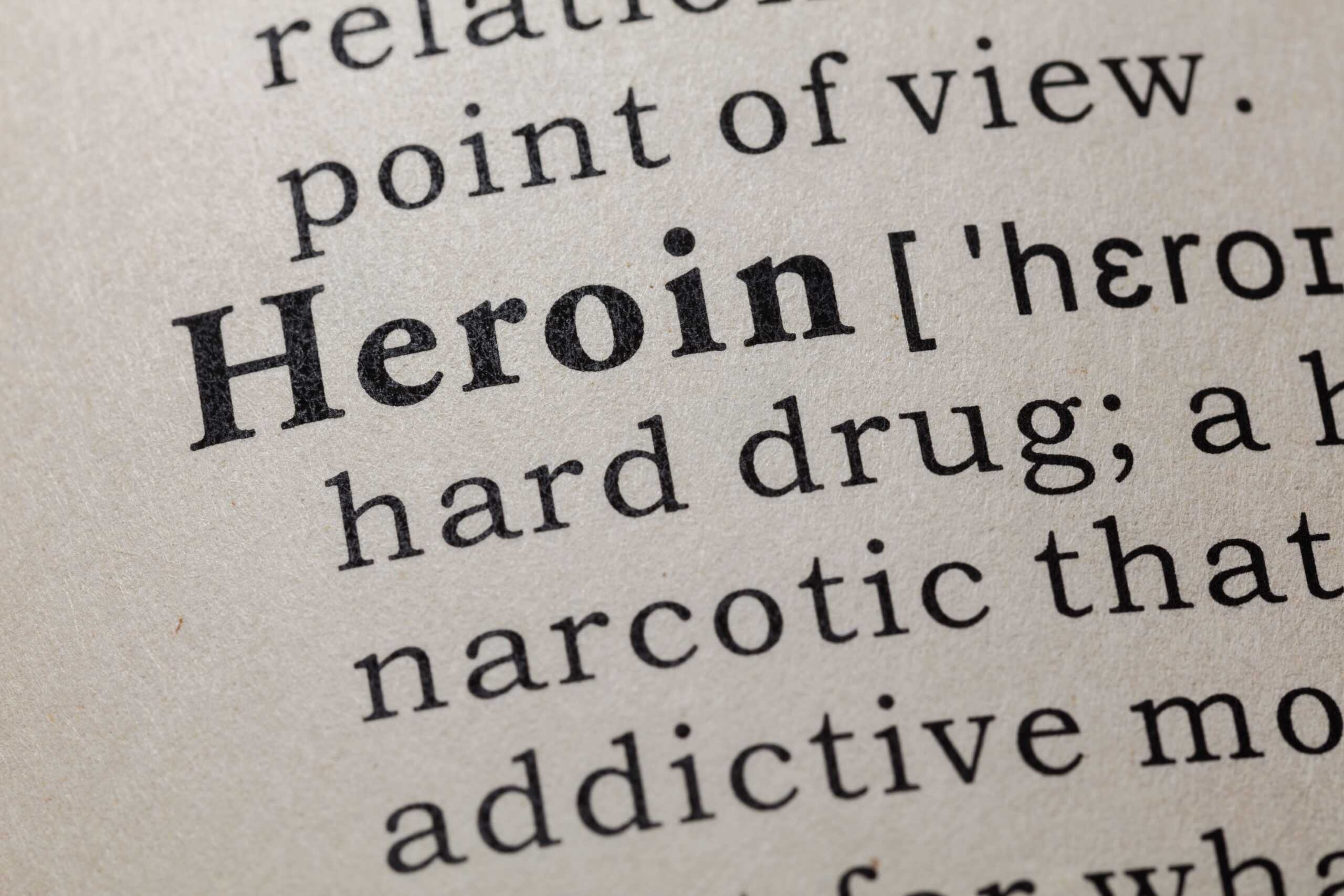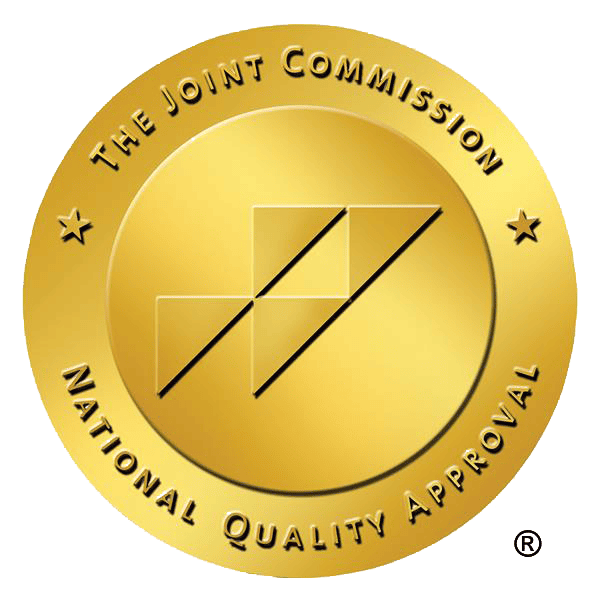Heroin abuse is a prevalent and devastating problem plaguing individuals, families, and communities worldwide. This highly addictive drug harms the individual directly involved and impacts their social relationships, employment opportunities, and overall quality of life.
However, understanding the multifaceted effects of heroin abuse is crucial in developing comprehensive prevention strategies and effective interventions to help people regain control over their lives.
Why Is Heroin So Addictive?
Heroin is highly addictive due to its ability to rapidly bind with opioid receptors in the brain, triggering intense euphoria and relaxation. When heroin enters the body, it converts into morphine and attaches itself to opioid receptors involved in pain perception, reward pathways, and mood regulation.
This leads to a surge of dopamine release, a neurotransmitter associated with pleasure and reinforcement. The intense pleasure experienced from using heroin motivates individuals to repeat the behavior, leading to compulsive drug-seeking behaviors as they chase the initial high.
Types of Heroin and Their Effects
Heroin comes in various forms, mainly categorized based on its purity and mode of administration. White heroin is typically highly pure and potent, often called “China White.” It can be snorted or dissolved and injected directly into the bloodstream. Its effects are intense, leading to an immediate rush of euphoria followed by a sedating and numbing sensation.
Brown heroin, also known as “Mexican brown” or “black tar,” is less pure than white heroin. It has a sticky or tar-like consistency and usually requires heating before inhaling or dissolving for injection. Brown heroin tends to produce a more sedating effect with strong pain-relieving properties.
Powdered heroin is a powdery form of heroin that can vary in color, ranging from white to off-white or light brown shades depending on impurities and additives present during manufacturing. It is commonly diluted with other substances, such as fentanyl, sugars, powdered pesticides, caffeine, or powdered milk. Powdered heroin can be smoked, snorted, or dissolved for intravenous use.
Short-Term Effects of Heroin Abuse
The short-term effects of using heroin encompass both mental and physical aspects. The mental short-term effects of heroin use include a rush of intense euphoria, followed by feelings of relaxation, contentment, and detachment from reality.
Users may experience a dream-like sedation where they feel disconnected from their surroundings. Mental functions such as cognition, decision-making abilities, and problem-solving skills are severely impaired.
Physical short-term effects involve an array of immediate physiological responses to heroin use. These include constricted or pinpoint pupils, dry mouth, heavy limbs or numbness in extremities, flushed skin, and slowed breathing and heart rate, leading to potential respiratory depression or overdose risk.
Heroin abuse also suppresses the cough reflex and gastrointestinal activity, resulting in constipation, nausea, and vomiting as common side effects shortly after consumption. Furthermore, injecting heroin increases one’s risk of contracting blood-borne viruses such as HIV, AIDS, and Hepatitis C due to needle-sharing, while smoking or snorting can damage, burn, and irritate the nasal tissues, throat, and lung linings.
It is important to note that even though these short-term effects of heroin use might appear appealing initially, recurring heroin usage quickly leads an individual to develop tolerance where higher doses are needed. Over time, they slide into a pattern of substance addiction with increased risks of overdose and death.
Long-Term Effects of Heroin Abuse
Long-term heroin abuse has devastating mental and physical effects. The mental long-term effects of heroin use include a range of psychological issues. Chronic heroin use leads to addiction, which alters brain chemistry and impairs judgment, decision-making, memory, and overall cognitive function.
Individuals may experience difficulties controlling their emotions or regulating moods, leading to anxiety disorders, depression, and an increased risk of developing other co-occurring disorders. Additionally, drug-seeking behaviors dominate their lives as they prioritize obtaining and using heroin over personal relationships, work, family obligations, education, or other essential aspects of life.
The physical long-term effects of heroin use are numerous and severe. Repeated heroin use can lead to collapsed veins due to injection damage caused by needle insertion. This results in using new injection signs, leading to noticeable “track marks.”
Other adverse consequences involve liver and kidney failure from prolonged drug toxin exposure from digesting heroin. There is also a higher probability of contracting infections and diseases. Additionally, long-term constipation commonly occurs due to decreased gut motility, while hormonal imbalances emerge along with suppressed immune system functioning.
Malnutrition and weight loss are also a concern, as prolonged heroin use alters an individual’s appetite and sleep patterns. Other long-term effects of using heroin include poor self-care habits and risky lifestyle choices fuelled by drug dependency.
Heroin Detox
The health risks of heroin use can be severe. Heroin detox is a crucial step in overcoming addiction and starting recovery. However, it can be an incredibly challenging process due to the withdrawal symptoms when the body becomes dependent on heroin.
Withdrawal from heroin typically begins within hours of the last dose. Its severity depends on factors such as the level and duration of drug use and co-occurring mental health issues.
Common symptoms include:
- Intense cravings
- Persistent restlessness
- Muscle and body aches
- Tremors
- Insomnia
- Difficulty concentrating
- Sweating
- Vomiting
- Gastrointestinal disturbances
- Goosebumps
- Muscle spasms
- Fluctuating mood states
These signs peak after 24 to 48 hours generally. However, the acute withdrawal phase usually lasts up to a week, with residual effects persisting for weeks or months.
Medically supervised detox is highly recommended to manage the health risks of heroin withdrawal symptoms safely. It plays an integral role in significantly increasing the chances of long-term recovery success by providing optimal care and support.
Overcome the Effects of Heroin Abuse in Austin, TX
The Prairie Recovery Center in Austin, TX, is here to help you take the first steps to regain control over your life and address your heroin addiction. We provide a caring, compassionate, and supportive environment for recovery at our Joint Commission-accredited facility.
Contact us now and start reclaiming your life today.






